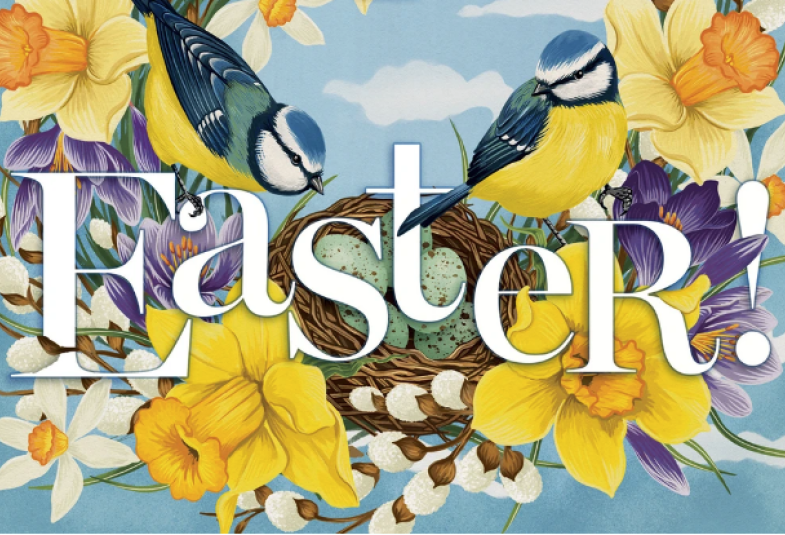08/04/2023
Archbishop Stephen writes in the Easter edition of the Radio Times
There will be lots of TV watched at Easter. For many families, it will be how they come together over the long weekend. Probably more, I must admit, than will be coming to a church service. That grieves me, but the two activities are not mutually exclusive. As you can imagine, I will be attending several church services over Easter, but I will also be hoping to watch television – in particular the film Groundhog Day, which turns 30 this year and is still one of my favourites.
It’s story of a cynical, depressed weatherman who is trapped in a neverending cycle of the same day, and it has so captured the imagination that the phrase ‘Groundhog Day’ has passed into the language and is routinely used to describe all sorts of things repetitious.
So, whenever we feel something is stuck in a rut, repeating itself, and unable to change, we might refer to it as ‘groundhog politics’ or ‘groundhog relationships’ – and maybe ‘groundhog TV’ if we get to thinking it’s the same old repeats coming round again and again.
Perhaps even ‘groundhog church’.
For the worship of the church is repetitious. We say the same prayers that our forebears said, we read the same scriptures, and, in many cases, we sing the same songs (though this is one bit of the repertoire that changes a bit with each generation). But basically, we must plead guilty; those prayers that we say each week, which we received from others, are the ones we wish to pass on, and we imagine they will still be said in generations to come.
So, if you come to church this Easter – which I hope you do! – it will be a ‘groundhog service’.
But to use this phrase negatively, to describe something endlessly going round and round and not changing is actually to misunderstand the film. For in the endless cycle of groundhog days that the lead character experiences, what begins as one of the worst days in his life – he’s trapped by a blizzard in a small town he can’t wait to leave, and in a job where he finds no satisfaction, and in a life starved of meaning, friendship or relationship – becomes, at the end of the film, the best day of his life.
But it is exactly the same day.
That’s the point of the film.
What the lead character learns is to inhabit the same day differently.
He learns that he is unable to change what happens around him, but he can change how he responds to it and the kind of person he chooses to be. And it is when he becomes the best version of himself that the calendar finally clicks on.
The worship of the church works in a similar way. Only now it is God in Jesus Christ showing us the best version of our humanity. And the repetitions of our prayer, our scriptures, our coming back again and again to the same table, teach us how to respond well to life and to inhabit this world in the very best way possible.
We say we are sorry and then, eventually, we learn how to apologise. We say we are thankful, and then, eventually, we learn how to give thanks. We ask for God’s blessing, and then, eventually, learn how to be a sign of that blessing ourselves. And the eternal calendar turns over, and we have a share in the life of glory, being made ready for heaven by inhabiting this life well.
Patterns of repeat help us focus and see the same old things in a new way. That’s true of showing old films on TV – and it’s true of Easter.
